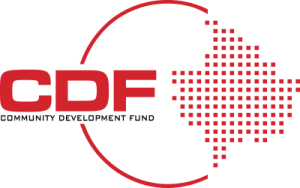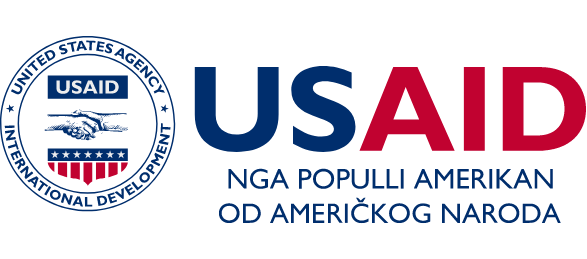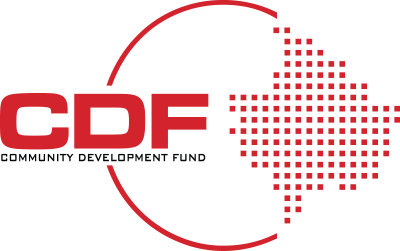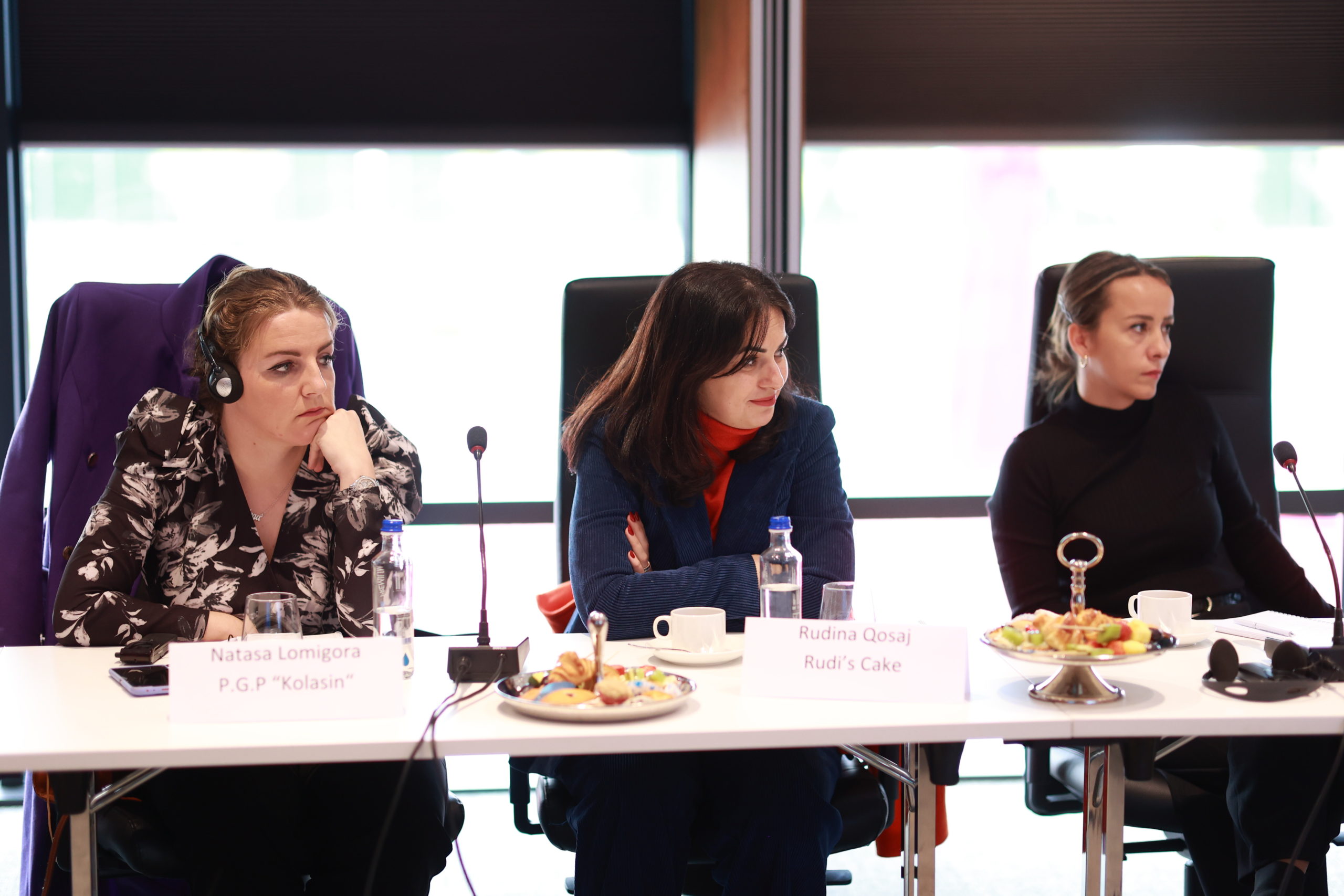In the business ecosystem of Kosovo, access to finance remains a stumbling block for many Micro, Small, and Medium-sized Enterprises (MSMEs). While traditional banks have been the go-to solution for years, their stringent requirements often make them an impractical option for smaller companies. But there’s good news: the rise of alternative financing methods offers new avenues for growth, even in a challenging financial landscape. This article delves deep into these non-traditional financing options, specially tailored for the unique Kosovo market.
The Kosovo Context: A Quick Snapshot
Before we delve into the specifics of alternative financing, it’s crucial to understand the peculiarities of Kosovo’s financial landscape. The Kosovo Credit Guarantee Fund (KCGF) has been pivotal in providing some relief, particularly during the COVID-19 pandemic. However, its dependency on international development partners makes it less sustainable in the long run.
Further complicating the picture is the issue of financial literacy. While strides have been made in strengthening the credit registry, a majority of the population still lacks basic financial knowledge. This gap necessitates alternative financial pathways that are more accessible and less reliant on complex financial histories.
Crowdfunding: Democratizing Investment
The Concept Simplified
Crowdfunding is essentially community-driven financing. Whether you are launching a new product or scaling your services, platforms like Kickstarter allow you to present your business idea to a wider audience. In return, you offer rewards, equity, or even simple acknowledgments.
Relevance to Kosovo
Kosovo’s young and tech-savvy population makes it ripe for crowdfunding initiatives. Moreover, the strong Kosovo diaspora network can also be tapped for such campaigns, adding an international dimension to your fundraising efforts. While Kosovo has had a crowdfunding platform since 2017 called KosovaIdeas.org, it targets specifically non-profit and community projects, and financing projects for MSMEs is currently not supported.
Example: Kickstarter
This platform allows MSMEs to present their business ideas to a broad audience. Successful Kosovo-based campaigns have included tech startups and cultural projects.
Angel Investing
What You Need to Know
Angel investors are typically seasoned business veterans willing to invest their personal funds in promising startups in exchange for equity or convertible debt. Unlike venture capitalists, angel investors are often less concerned with immediate profitability and more interested in long-term growth potential.
KOSBAN: The first angel network in Kosovo
The Kosovo Business Angel Network (KOSBAN) has been instrumental in shaping the angel investment landscape in Kosovo. Established in 2014, KOSBAN provides a platform for both seasoned and first-time investors, offering workshops and bi-monthly pitching sessions to connect investors with potential startups. By focusing on both the Kosovo and diaspora investor communities, KOSBAN has succeeded in creating a fertile ground for angel investing in the country.
How It Works in Practice
KOSBAN offers practical opportunities for MSMEs to pitch their business ideas to potential investors. If an investor sees potential, negotiations commence, usually resulting in an investment that can range from seed capital to more substantial amounts for scaling operations.
Venture Capital: A Future Avenue
The Basics
Venture capital funds are firms that invest in startups with high growth potential in exchange for equity. The focus here is on long-term growth, which often requires a solid business plan and revenue model.
The Kosovo Scenario
While Kosovo doesn’t have a strong venture capital presence, there are signs that this could change. The government is investing significantly in creating an ecosystem conducive to startups. As this ecosystem matures, venture capital will likely become a more viable option for MSMEs.
What Could Happen Next?
Even though the legal framework for venture capital in Kosovo is still in its infancy, the active involvement of regional funds indicates a growing interest in Kosovo-based startups. As the ecosystem matures, venture capital could well become a significant player in the MSME financing landscape.
Digital Banking: The Zvilo Revolution
A New Frontier in Banking
Zvilo is poised to become the Balkans’ first digital bank, focusing on offering low-cost, seamless banking services. With almost 40% of the Balkan population unbanked and SMEs struggling with exorbitant collateral requirements, Zvilo aims to fill this glaring gap by offering SME & consumer lending, money transfers, and transactional banking. Through its SME Lending – Zvilo is committed to providing short-term working capital to SMEs, focusing on systemic value chains. This is especially critical for MSMEs in Kosovo, where traditional bank loans are often out of reach.
Given that the Balkan diaspora remits more than €11 billion annually, Zvilo’s affordable money transfer service could be a game-changer. Moreover, its specialized lending services could fulfill the financial needs of both consumers and SMEs in Kosovo, offering a more inclusive banking experience.
Conclusion
Access to finance for MSMEs in Kosovo has been a persistent challenge, but alternative financing options like crowdfunding, angel investing through KOSBAN, and digital banking through Zvilo offer new pathways for business growth. These options not only democratize access to capital but also offer more flexible terms that are better suited to the unique challenges and opportunities that MSMEs face. By embracing these non-traditional financing avenues, MSMEs in Kosovo can unlock new potentials for growth, job creation, and economic resilience.








